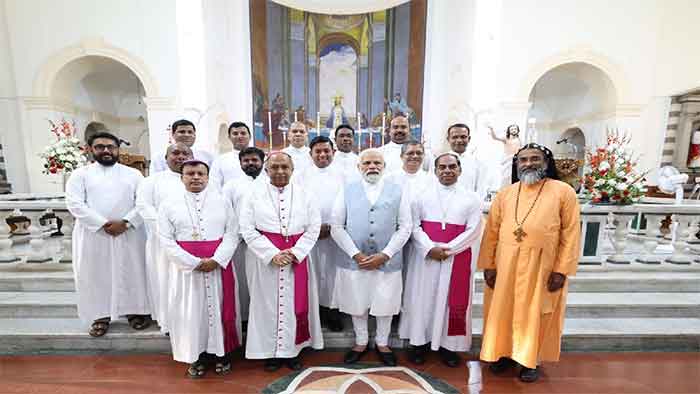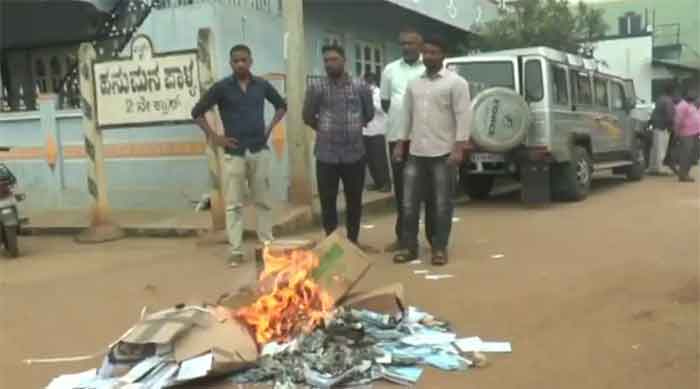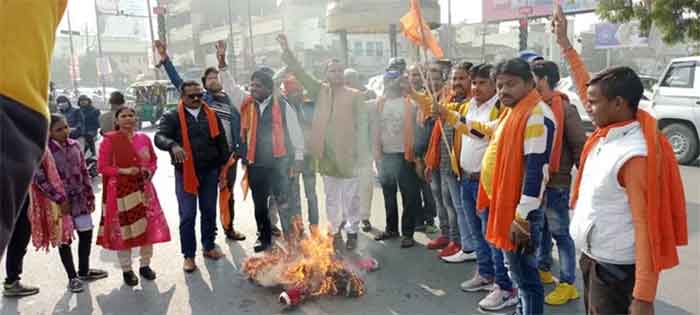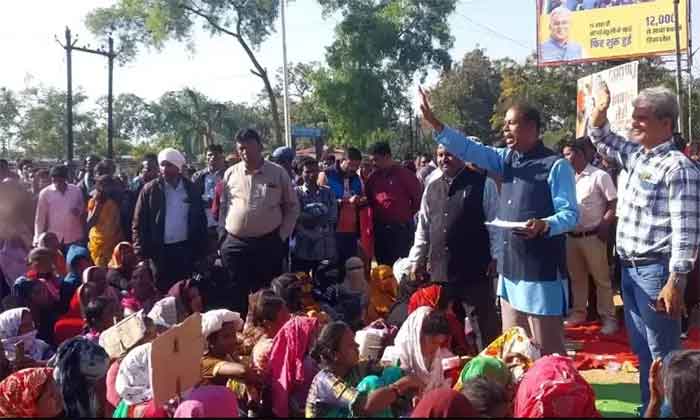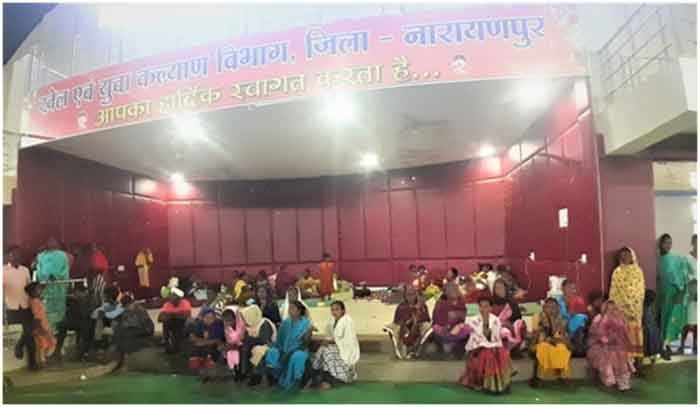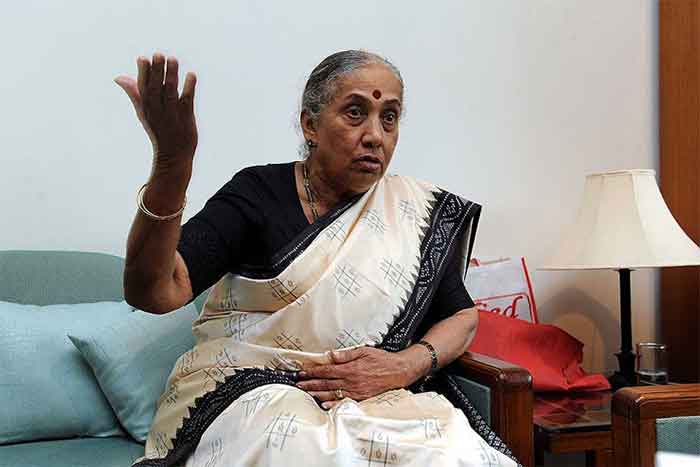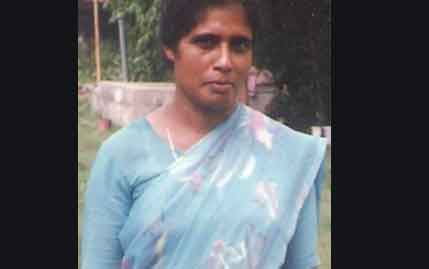
It has long been said that the best way to know a person is to know the company he or she keeps. The reasons for the recent persecution of the Jesuit activist-priest, Stan Swamy, can be better understood in relation to his comradeship with Sister Valsa, the Malayali nun murdered some nine years ago in the village of Pachwara in the Pakur district of Jharkhand, about 250 kilometres north-east of Ranchi.
On 15 November 2011, 53-year-old Sister Valsa was hacked to death by a group of armed men in the tribal village she had made her home. Working with the indigenous people for many years, she had become a force to reckon with. A devoted group of followers was at her beck and call at any hour of the day or night. Politicians, policemen, government officials and the local mining mafia were wary of her. They found it difficult to pursue their activities since the formidable nun loomed larger than life on the horizon. Simon Marandi, a Jharkhand legislator, is on record : “Sister Valsa was very strong. I could not get into the area. She was running a parallel government.”
Marandi’s complaint had everything to do with Sister Valsa’s success in organizing the villagers against the local Panem Coal Mines Limited, jointly promoted by the Punjab State Electricity Board and the EMTA group of companies of Kolkata. The anti-mining movement she had initiated in 2002 led to an agreement with Panem in 2006 that allowed the company to mine in the area in return for several benefits to the villagers. Many inhabitants of Pachwara village where Sister Valsa was killed, had said that at the time of the murder she was critical of the company and was preparing for a fresh round of confrontation for what she saw as its failure to abide by the terms of the agreement. The company denied any involvement in the murder, but popular suspicions persist to the contrary.
In early 2012, The Wall Street Journal carried a serialized investigation into the life, work and murder of Sister Valsa. It took up her story because, to quote its editors, “Here life, and events leading up to her death, appeared to us to touch on many of the big issues that India is facing as it develops rapidly – industrialization, preservation of the traditional ways of life, the Maoist rebellion that is present across several central Indian States, and the relationship between companies and indigenous tribes.” Reading between the lines, one will perhaps discover a thinly-veiled indictment of New Delhi’s methods of persecution of outspoken critics. True, Father Swamy was not arrested earlier, but for hours a police team from Pune, assisted by the local police, subjected him to interrogation and went through his papers. His laptop, CDs, books and documents were taken away without any explanation for the seizures. Elsewhere in the country, Swamy’s brothers and sisters in dissent, faced even worse in the hands of the police and other agencies.
The so-called “rapid development” of India may have benefitted a certain class of Indians living in the big cities and enjoying a life of leisure, but the fruits of the “economic growth and prosperity” that Narendra Modi and his associates are given to proclaiming at the drop of a hat, have not only bypassed large parts of rural India and the lower classes in the towns and cities but have been possible because of the ceaseless exploitation of Adivasis, Dalits and other disadvantaged communities. In a very real sense, Sister Valsa signed her own death warrant when she, making common cause with the tribals, plunged into the strife.
Almost nine years after her murder, expressions like ‘crusader’ or ‘friend of the poor and the oppressed’ are still being showered on her by many. However, with the passing of time, following the inevitable laws governing public memory, the number of people using such expressions to describe the slain fighter and practitioner of liberation theology is likely to become less and less. The court cases against the accused may ultimately crumble for “want of evidence” – that hateful piece of legalese which has come to the rescue of countless criminals. Remember, how easily Shankar Guha Neogy’s killers whistled their way out of different law courts in the country, from Raipur to New Delhi.
However, at the end of the day, resistance to oppression in some form or the other, can never be snuffed out. Whether it is the State or big capital, or the wayward sections of the judiciary and the media, the oppressor will always be opposed. How else to explain for the birth of the Mexican admonition that one can be sure to find in every spoken and unspoken language on earth – “They buried us. They did not know we were the seeds.”
In fact, it is with these words imprinted on the screen that Ranchi-based artist-activists Biju Toppo and Meghnath begin their documentary on Sister Valsa. The film, Hum Aapke Saath Hain Saathi (in Santhali, Hindi and English), gives the viewer an idea of the tough conditions in which Adivasis live and the visionary manner in which their foremost leaders led or lead them. In the film, we hear Father Swamy recalling the example of Sister Valsa and telling us, by implication, that when we are sure of our beliefs, we need fear no one. On October 9, the respected priest was arrested for alleged sedition.
Vidyarthy Chatterjee writes on cinema,society, and politics.
SIGN UP FOR COUNTERCURRENTS DAILY NEWSLETTER

